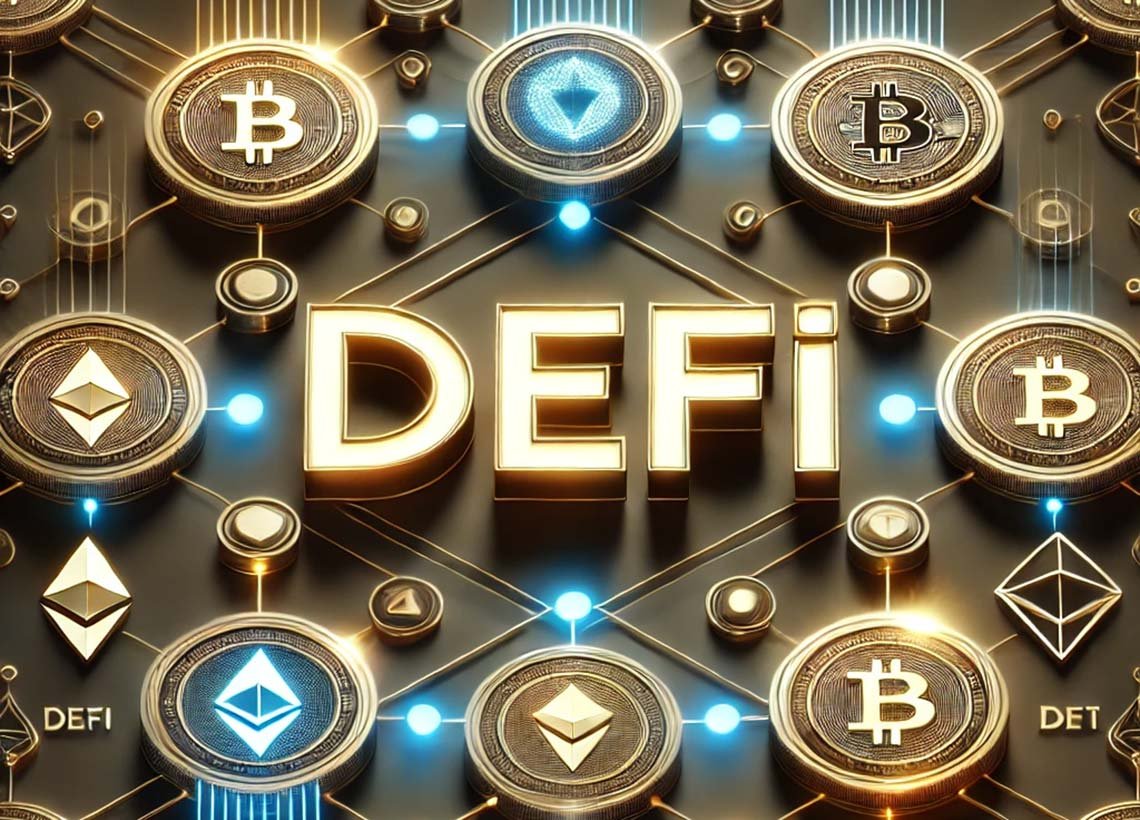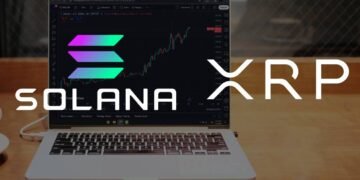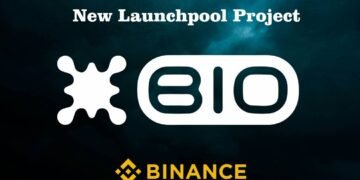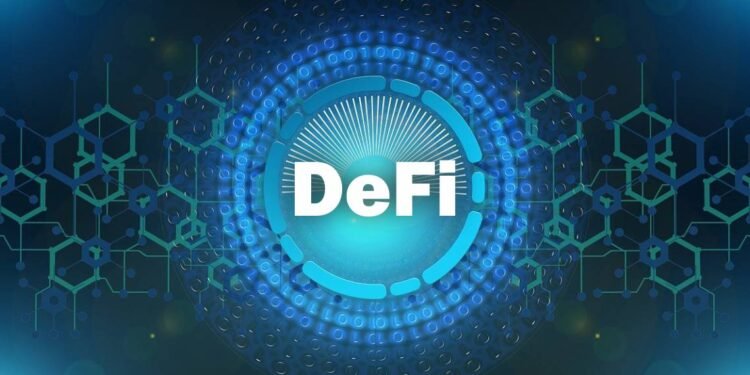The financial world is undergoing a seismic shift, thanks to the rise of Decentralized Finance (DeFi). DeFi has become a catchword, promising a future where traditional banks and financial intermediaries are no longer gatekeepers to wealth. But what exactly is DeFi, and why is it so important in the financial sector? Let’s dive in.
What is DeFi?
DeFi, short for Decentralized Finance, refers to a collection of financial services built on blockchain technology. Unlike traditional financial systems, which rely on centralized institutions like banks or governments, DeFi operates through smart contracts on decentralized platforms like Ethereum.
With DeFi, you can perform everyday financial tasks—such as borrowing, lending, trading, and earning interest—without needing a bank account. The only requirement? An internet connection and a digital wallet.
Why Was DeFi Created?
DeFi was born out of a vision to democratize finance and address the inefficiencies of traditional banking systems.
- Exclusion from Traditional Systems: Millions of people worldwide remain unbanked due to barriers like geography, documentation, or lack of access.
- Centralization Risks: Centralized financial systems are prone to corruption, mismanagement, and single points of failure.
- Lack of Transparency: Traditional finance often operates behind closed doors, making it difficult for users to know how their money is being managed.
DeFi provides a solution by creating an open, permissionless financial system that anyone can access.
How Has DeFi Helped?
DeFi has disrupted the financial landscape in several significant ways:
- DeFi platforms allow anyone with internet access to participate in financial activities, regardless of their location or socioeconomic status.
- By eliminating intermediaries, DeFi services often cost less than traditional financial services.
- DeFi operates on blockchain networks, which run 24/7. No need to wait for banks to open.
- DeFi platforms offer new ways to grow wealth, from yield farming to staking cryptocurrencies.
- Transactions on DeFi platforms are recorded on public blockchains, ensuring complete transparency.

Pros of DeFi
DeFi offers numerous advantages that make it an attractive alternative to traditional finance:
- Global Accessibility: No geographic or socioeconomic barriers.
- Censorship Resistance: As a decentralized system, no single entity can control or shut it down.
- Innovation: DeFi has introduced innovative financial instruments and mechanisms.
- Ownership: Users retain control over their assets, reducing dependency on third parties.
- Compatibility: Many DeFi applications can interact seamlessly, creating a vast ecosystem of services.
Cons of DeFi
While promising, DeFi isn’t without its challenges:
- Security Risks: Smart contracts are not foolproof. Bugs and vulnerabilities can lead to significant losses.
- Regulatory Uncertainty: Governments worldwide are still grappling with how to regulate DeFi, creating an uncertain legal environment.
- Volatility: The underlying assets in DeFi, such as cryptocurrencies, are highly volatile, posing risks for users.
- Complexity: DeFi can be intimidating for newcomers, requiring a steep learning curve.
- Scams: The unregulated nature of DeFi has attracted malicious actors who exploit users through scams.
The Future of DeFi
DeFi holds the potential to bring billions of unbanked and underbanked individuals into the financial system, fostering greater global financial inclusion.
Despite its challenges, DeFi’s potential remains immense, with a promising future on the horizon. As DeFi matures and becomes more user-friendly, it’s likely to reach a broader audience, making decentralized finance accessible to more people than ever before. Furthermore, we may witness a hybrid system where DeFi integrates with traditional finance, combining the best of both worlds to create a more inclusive and efficient financial ecosystem.





























